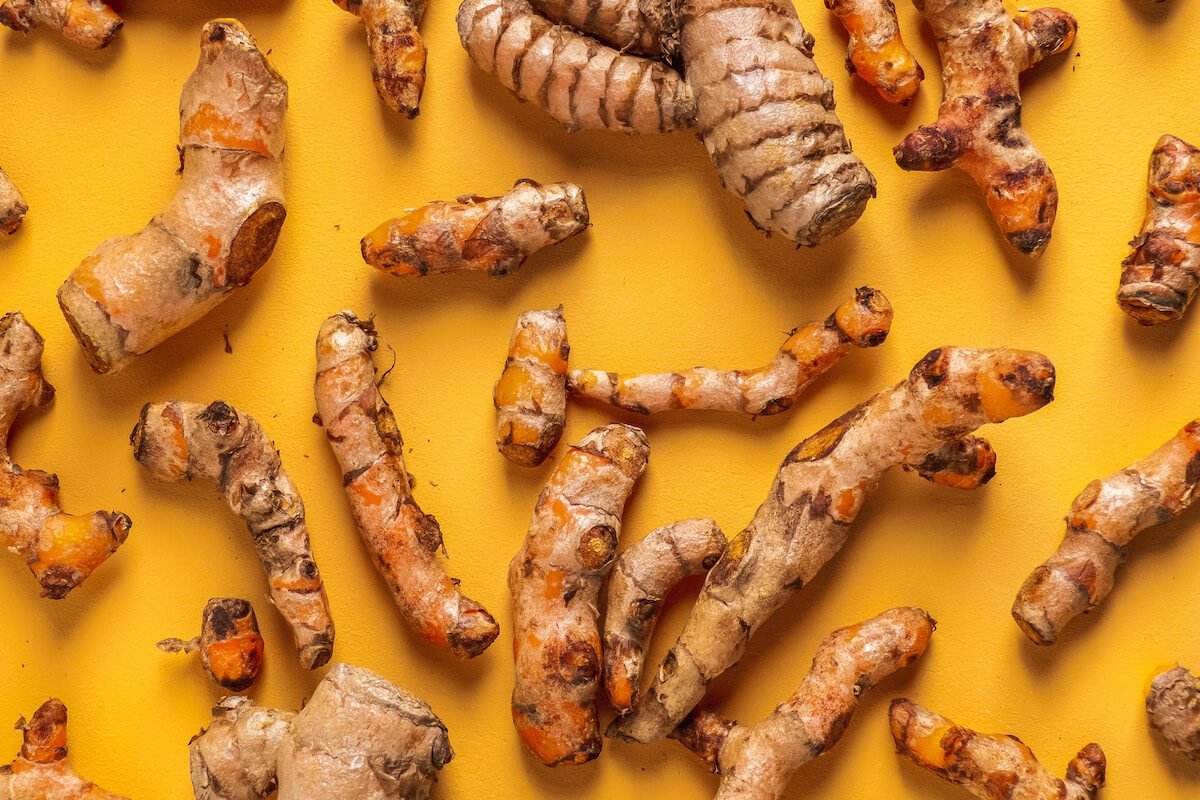Inflammation is a natural immune response and part of the body’s healing process when the body is injured. Unfortunately, inflammation can sometimes hang around too long and cause more harm than good.
The lowdown on the Inflammation Fighting Diet
The right nutrition can help keep it under wraps, and here are seven of the best types of food to help your body get back to full health.
What is the Inflammation Fighting Diet?
The Inflammation Fighting Diet is one that prioritises foods that have a host of health benefits, with of course, the main one being its anti-inflammatory properties.
What are the benefits of the Inflammation Fighting Diet?
Before you say it - duh, Innermost, clearly the benefits of this diet is a reduction in inflammation? Yes, well, you're right. But the benefits don't stop there. They're pretty extensive actually.
Our top benefits of the inflammation fighting diet include:
- An improvement in mobility
- A reduction in symptoms of lupus
- Assistance in the reduction of IBS symptoms
- Decreased risk of obesity
- Improvement in overall heart health
- Improvement in treatment of depression
As nutrition is of course one of the most important ways in which we can look after our body, integrating foods that are noted as particularly effective in terms of anti-inflammatory properties is a great (and pretty fast) way to reduce symptoms of inflammation in the body.
But, what are these foods?
Foods included in the Inflammation Fighting Diet
From vegetables to fish and everything in between, here are some of our favourite foods included in this healthy diet.
- Oily Fish
Oily fish such as tuna and salmon contains omega-3 fatty acids, ideal for reducing inflammation. The greatest benefits come when we poach, grill and bake fish.
- Whole Grains
Whole grains, as opposed to refined grains such as white bread, cereal and pasta, contain lots of fibre that can reduce C-reactive protein, a marker of inflammation in the blood. Look for foods with a whole grain as the first ingredient, make it has no added sugars.
- Dark Green Leafy Vegetables
Dark, green and leafy vegetables such as spinach and broccoli are a great source of vitamin E, which can protect the body from pro-inflammatory molecules. These vegetables are really versatile and can be added to a whole host of different recipes.
- Nuts
A handful of nuts can help the body repair damage caused by inflammation. Almonds are a great source of fibre, calcium, and vitamin E. Walnuts, which have high amounts of alpha-linolenic acid, a type of omega-3 fat, are also worth your time.
- Tomatoes
Tomatoes are rich in lycopene, which has been shown to reduce inflammation. Cooked tomatoes contain even more lycopene than raw ones, so don’t skimp on tomatoes with your eggs in the morning, and remember to go all out with tomato sauce on your pasta.
- Beetroot
Beetroot are high in fibre and vitamin C, have antioxidant credentials and there is evidence to suggest it helps reduce inflammation. This vegetable makes a great addition to a roast vegetable mix or to morning smoothies.
- Turmeric
Turmeric could help reduce inflammation by turning off a protein that regulates the immune system and triggers the process of inflammation. Just don’t get any on your clothes, or you'll never get it out. Turmeric is one of the ingredients found in The Detox Booster along with a whole host of other interesting ingredients that are well worth a closer look.
- Cherries
Found in The Strong Protein, cherries are definitely an underrated fruit, for more reasons than one. Aside from being absolutely delicious, cherries have been noted in several studies to reduce symptoms of arthritis.
- Mushrooms
From the lion manes mushrooms found in The Health Protein to the familiar white button mushrooms you'll find on supermarket shelves, mushrooms are hugely versatile, giving them their place in a variety of day-to-day dishes (and supplements, too!)
- Vitamin C
Last but not least, the holy grail: Vitamin C. Found in two of our products: The Glow Booster and The Tone Capsules, Vitamin C brings a lot of health benefits to the table (as we so often talk about), and is a great anti-inflammatory, too.
Inflammatory foods to avoid
If you're someone that is looking to cut out the main offenders, we urge you to keep on the look out for these in your meals:
- Red meat
- Soft drinks
- Fried foods
- White bread
- Eggs
- Processed foods
- Rice
- Crackers
References
- de Lima, L. C. R., de Oliveira Assumpção, C., Prestes, J., & Denadai, B. S. (2015). Consumption of cherries as a strategy to attenuate exercise-induced muscle damage and inflammation in humans. Nutricion Hospitalaria, 32(5), 1885-1893. Click here.


















